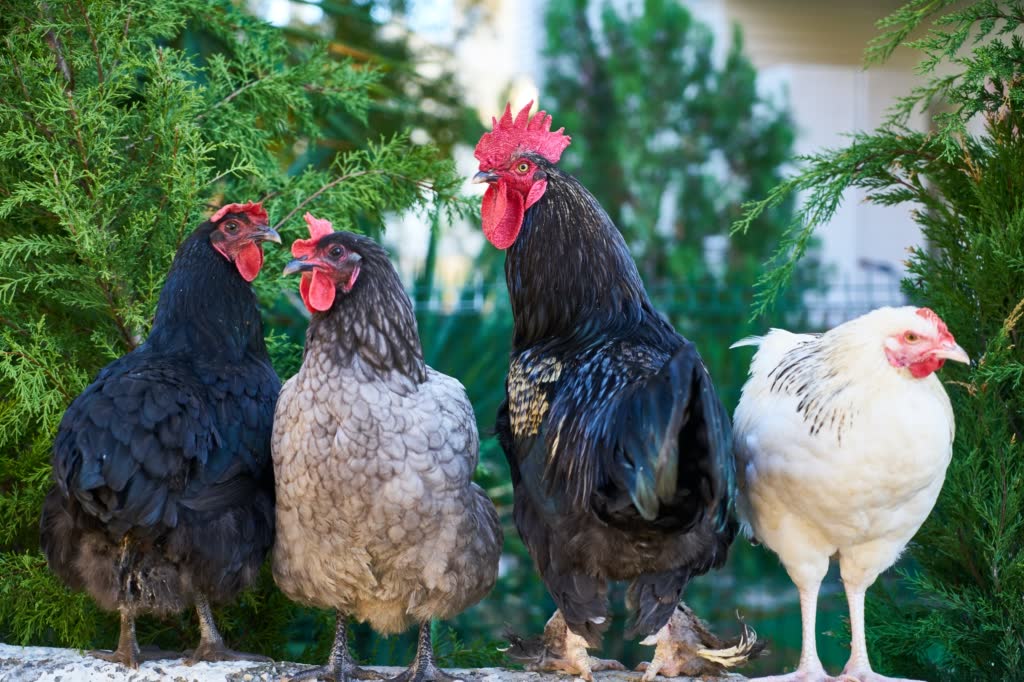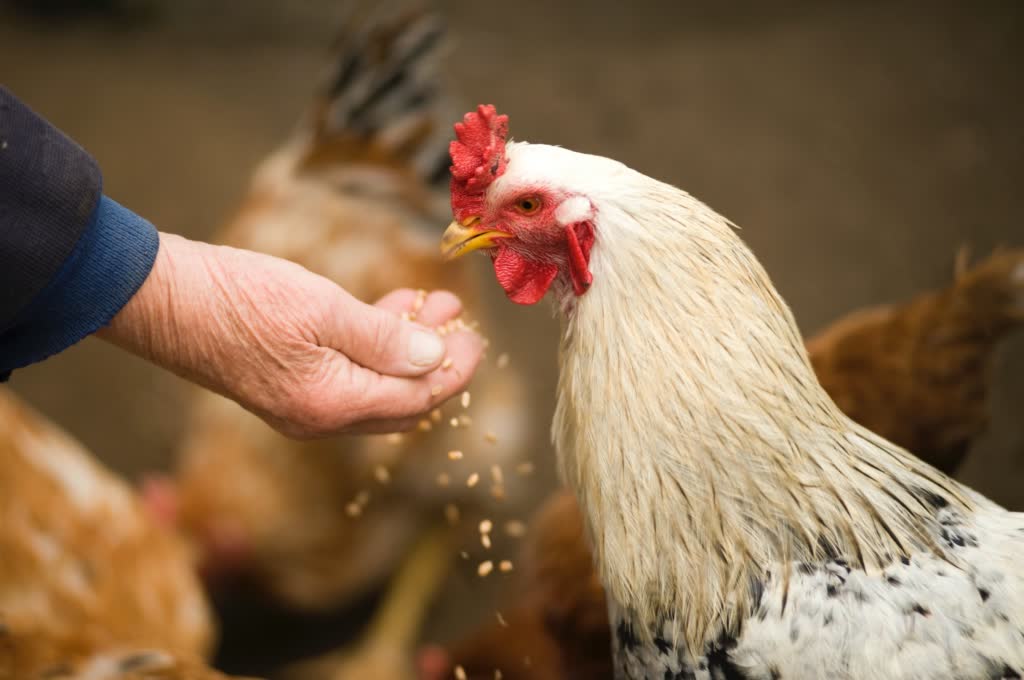
The popularity of keeping backyard chickens has increased significantly in recent years - whether it is to try and live a more sustainable lifestyle, have fresh eggs, or to simply enjoy having chickens as pets for the kids in the backyard. While keeping chickens in your backyard is not difficult, there are several common mistakes that new and even experienced chicken keepers can make.
To ensure that your chickens are kept in good health, it is important to be aware of these pitfalls. Here are eight common mistakes to avoid when keeping backyard chickens:
Inadequate Housing and Space
One of the biggest mistakes is not providing enough space and appropriate housing for your chickens. Overcrowding can lead to stress, aggression, and increased chances of disease transmission. Each chicken should ideally have a minimum of 2-3 square feet of indoor space and 8-10 square feet of outdoor space. The coop should also be well-ventilated, predator-proof, and easy to clean. Neglecting these aspects can lead to unhealthy and unhappy chickens.
Not Providing a Dust Bathing Area
A dust bath is a behaviour where chickens create a shallow depression in the ground and then proceed to roll, flap, and scratch in the dirt, creating a cloud of dust that covers their feathers. This seemingly quirky behaviour has several benefits including:
- Cleaning and Grooming
- Controlling External Parasites
- Cooling and Comfort
Ignoring Biosecurity Measures
Biosecurity is crucial to prevent the introduction and spread of diseases among your flock. New chickens should be quarantined for a few weeks before introducing them to your existing flock. Regularly clean and disinfect the coop, feeders, and waterers to minimize the risk of infections. Also, avoid bringing in used equipment from unknown sources, as this can introduce pathogens.
Poor Nutrition and Feeding Habits
Chickens require a balanced diet to stay healthy and produce high-quality eggs. Providing a commercial layer feed with the right amount of protein, vitamins, and minerals is essential. Avoid feeding chickens excessive treats like table scraps or sugary foods, as this can disrupt their nutritional balance and egg-laying patterns. Also, ensure a consistent supply of clean and fresh water at all times.

Neglecting Egg Collection
Regular egg collection is not only important for maintaining egg freshness but also for preventing egg-eating behavior among the flock. If eggs are left in the nesting boxes for too long, chickens might start pecking at them, leading to a difficult habit to break. Make it a daily routine to collect eggs promptly to encourage proper nesting behaviour.
Lack of Socialization and Enrichment
Chickens are social creatures and benefit from social interaction and mental stimulation. Keeping them confined without any enrichment can lead to boredom and negative behaviours like feather picking. Provide items such as perches, dust baths, and toys to keep them engaged. Allowing them to free-range (if safe and feasible) can also enhance their well-being.
Disregarding Predators and Security
Backyard chickens are vulnerable to a variety of predators, including foxes, hawks, and even neighbourhood dogs. Failing to secure the coop and outdoor area properly can lead to devastating losses. Install sturdy fencing, locks, and predator-proofing measures to keep your chickens safe. Also, consider locking them in the coop at night when most predators are active.

Keeping Too Many Roosters
If you keep roosters at all, you only need 1 for every 10 hens. Having more than this can lead to aggressive behaviours as well as your hens receiving far more attention from your roosters than they want. All of this leads to stress in your coop which ultimately leads to diminished health and a reduction in egg supply.
Helpful Videos
Raising backyard chickens can be a rewarding and fulfilling experience (and kids love them), but it does require planning and attention to a number of details. Avoiding these common mistakes will contribute to the overall health, happiness, and productivity of your flock and help you create a thriving environment for your feathered companions.
I am an educator and passionate gardener and traveler. Throughout my adult life, gardening has been my passion, therapy, drive and source of purpose. Even as a child I had an intrinsic interest in plants and a desire to understand what makes them grow.
I distinctly remember the moment this began - my family was on one of our regular road trips from Hervey Bay; Australia. We were driving past a field of sugar cane. Dad pulled the car over and we cut a couple of sugar cane stems and brought them home for a treat. To be honest, I didn’t really like the taste, but I did want to try and grow it; and that is exactly what I did. It was then that my fascination, interest and passion for gardening and understanding plants began.
Fast forward a few years and I studied biological sciences and began what would be a 36 year career as a Biology educator. From this, I don’t only love gardening, but I also love helping others learn about gardening. I am also always looking for new ways to develop my own gardening knowledge. I like to think I am truly a life-long learner.
Fundamental to my beliefs about education is that learning is often best done as a part of a community - learning from others, and helping others to learn. It is this type of community that I hope iCultivate will be for its members - a community of gardeners, keen to share their gardening knowledge and wanting to learn about new ways to garden - a community built on the love of gardening.











Get involved!
Comments